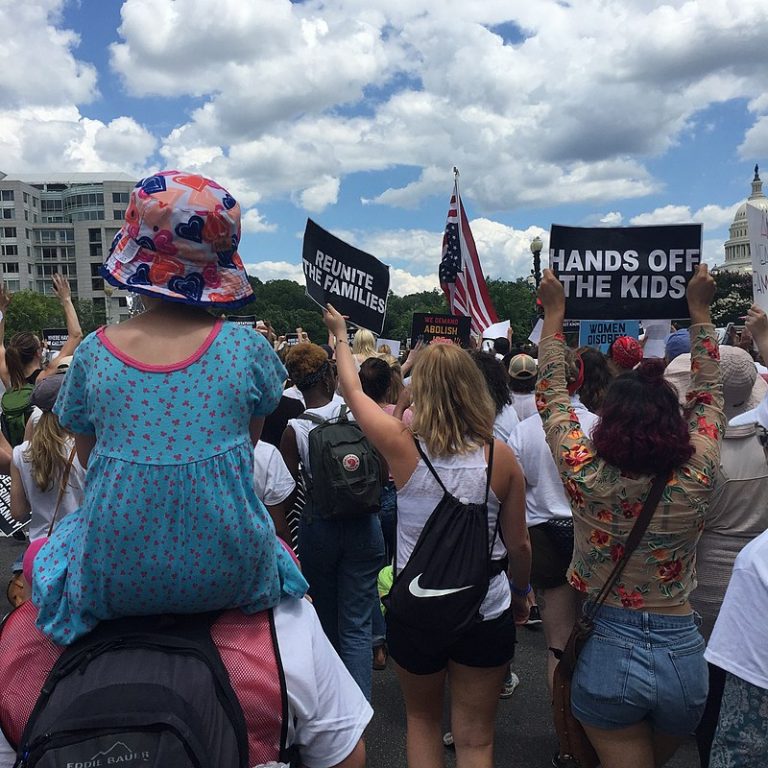Revive: Diary of a Giving Circle, Part 2

There were six of us. Katherine Orr, Julia Read, Michelle Rider, Ellie Weiner, Nickerson Hill and myself. We’d formed a group with the expressed purpose of pooling a large amount of money to give away. But why were we doing this? Why was group giving so important to us? Isn’t giving money supposed to be this thing rich people do in private by writing a check and mailing it off to an organization, then quietly feeling good about themselves and never speaking about it to anyone, tucking the experience in their back pocket like a trump card to pull out in the event they need to deflect the judgment of others for being a rich person?
It turns out we all felt the giving experience didn’t need to be like that. Speaking with Julia Read about why she got involved with the giving circle project, she mentioned, “It seemed like a really good opportunity for me to begin my giving and to do it in a group that would be able to support each other and hold each other accountable. I felt like it would help me follow through on something I wanted to be doing, and something I was scared to do.” Julia continued to say it was important to become, “personally a little more comfortable with being a young person with wealth, and thinking about what that means and how I want to use the resources I have.”
Nickerson Hill also mentioned they were, “looking for ways to feel like I had some direction and way of being intentional with my giving. One of the difficult parts about giving is figuring out how to keep pushing yourself to give more. Fundraising was also an important skill to have if you have access to people who can give. I thought of it as an opportunity to work with other people to push each other to stay accountable…”
As a participant in the process, I’d echo that I also found myself at a point in my life where I felt an urgent desire to start moving some money to social justice organizations in a responsible way. Why? If given irresponsibly, money can corrode an organization just as easily as it can nurture. However, the word “responsible,” being a relative term, comes with it’s own sets of issues. What’s responsible to one person could be wholly reckless to another.
Clearly, there’s already a line of apprehension when dealing with the exponential sequence of questions that crop up when thinking about giving. It’s safe to say we all felt it. Julia mentioned, “I didn’t know how to [give responsibly], I didn’t know how to do it in a way that felt good… It’s really hard to get funds to places that need them, and I wasn’t sure how to do that. Instead of [letting apprehension] keep me from doing it, it was helpful to link up with other people who also wanted to do that and figure it out together.”
So we started having regular meetings to untangle the knots of questions together. Once a month or so we’d gather in each other’s apartments over pot luck dinners to discuss where we wanted to go, what we wanted to do, how we wanted to do it. We had fits and starts of momentum and inertia, we hit walls, and we had progress. We had productive lines of discussion and ones that went nowhere. For about eight months we had these discussions. To be perfectly honest we had very little idea what we were doing.
But we did figure some things out: We knew the giving circle had to be cross class. Why? Coming from a place of privilege alters one’s perception. In order to have an informed dialogue about where money can have the greatest possible impact, we needed input from people from the entire range of the economic spectrum, especially folks who came from the communities directly effected by social and economic injustice that would potentially be receiving funding.
This idea (coupled with the fact that we desperately needed someone to hold our hands through the woods of confusion in the social justice philanthropy world) led us to approach the North Star Fund.
North Star supports New York City area grassroots groups leading the movement for social and economic equality. Since they were founded in 1979, they’ve given away over $35 million to almost 1,700 groups working to create a more equitable city for all New Yorkers. In essence, we needed help and they were exactly the folks for the job.
The problem: they had no idea we even existed.
Next installment: We get our foot in the North Star doo

